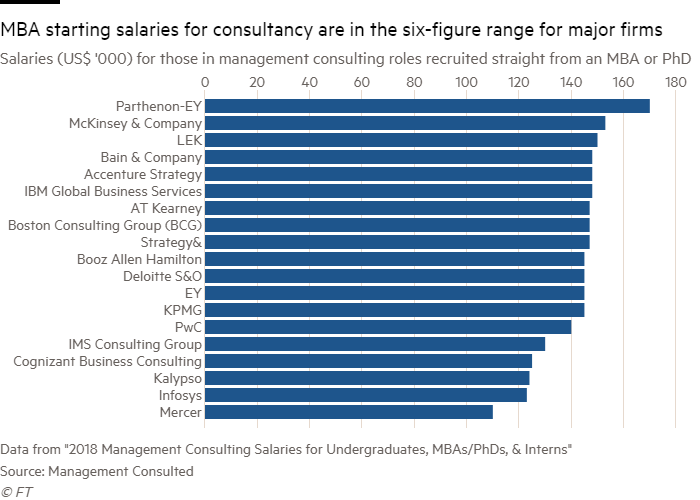
A career as a software engineer involves using various software tools to create programs and applications. This job requires a broad range of skills including hard and soft skills. These skills include the ability create both front-end, back-end, and core code. You also need to be able coach and train your team. A software engineer also needs to be good at multitasking.
Job description
Job descriptions for software engineers should focus on what the job entails. These documents often contain details about the person, their education, training and what they will need to do this job. They also include what hours they will be working. These documents may also contain any personal skills that software engineers might need.
The job description of a software engineer can vary depending on the organization. However, it will usually include tasks such as software development and modeling, simulation testing, quality assurance and analysis of user needs, and software integration. Additionally, a software engineer may need to keep up on technological developments in order keep up with the job's demands.
Requirements
An entry-level position as a software engineer requires a bachelor's in computer science, or a similar field. Programming skills, including knowledge of one programming language or an object-oriented program language such as C++, are also required. Soft skills include communication, organization and project management.

Software engineers must work well in teams. Despite the technical nature of their work they need to be good communicators and great people skills. Software engineers are often in demand in today's business world. Software can help companies manage their processes efficiently, whether they are in insurance, fashion, manufacturing or government services.
Salary range
Software engineers are paid in a variety of different ranges. Frontend developers are the lowest-paid, earning an average salary between $65,000 and $75,000. Backend engineers, who earn $90,000-$100,000., are the highest paid. C, Python or C++ are the best-paying programming languages. Frontend developers have the lowest salaries, although mobile developers do much better than backend developers. CTOs or VPs in engineering can earn more money than $120,000
Software engineers' salaries vary depending on where they work. A New York City software engineer can make over $108,000 per annum. Software engineers at entry level in a city with a lower cost of living will generally earn less than $60,000. The salary range of a Software Engineer will vary depending on their experience and skills.
Company
You must be proficient in programming and communication to become a software engineer. In addition, you need to be creative and innovative. Learning new programming languages and frameworks should be a normal part of your job. You might also consider a managerial position or becoming a leader of a team.
Software engineers are known for their ability to solve problems and strong analytical skills. These people are becoming more important as technology advances. You can find software in virtually every industry today, no matter if you're looking to work in one department or in multiple locations.

Structure of career path
Software engineering requires many skills. As a software developer you will need to master new programming languages, analyze data and evaluate the security and cost implications of software development projects. Furthermore, you'll need to be able to comprehend the technical requirements and overall business objectives. You will often be required to create detailed technical documentation. Also, you'll need to know how to create and test software systems.
Some software engineers specialize in maintaining or building websites. These professionals should have good Linux knowledge and experience in scripting languages. They should have an excellent understanding of infrastructure automation and security. Moreover, they must know how to handle frequent code version changes.
FAQ
What is the difference in a consultant and advisor?
An advisor is someone who provides information about a subject. A consultant is able to provide solutions.
To help clients achieve their goals, a consultant works directly with them. Clients are referred to advisors through books, magazines and lectures.
Are consulting incomes subject to tax?
Yes, you must pay tax on the consultancy profits. The amount you earn depends on your annual income.
If you're self employed, you can deduct expenses beyond your salary.
But, interest payments on loans, vehicle and equipment depreciation will not be allowed to be deducted.
Only 25% of your expenses can be claimed back if you make less than PS10,000 annually.
But even if you're earning more than this threshold, you might still be taxed depending on whether you're classed as a contractor or employee.
The tax system for employees is PAYE (pay-as-you earn), while VAT is applied to contractors.
Who hires consultants
Many organizations employ consultants to assist in projects. These consultants can be found in small and large businesses as well as government agencies, universities, educational institutions, non-profits, and education institutions.
Some consultants work directly with these organizations while others freelance. The hiring process for both cases varies depending upon the project's size and complexity.
Before you can hire a consultant, there will be several rounds of interviews.
What degree do I need to become a consultant?
The best way to become an expert on any subject is by studying the subject thoroughly and then practicing what you have learned.
You can learn all you need to know to become a great consulting professional by starting to study now.
A degree without relevant experience may make it difficult for you to be hired. But, if your qualifications are comparable to those who have been hired, you might still be eligible to apply.
Employers will always be attracted to candidates who are able to apply their real-world skills.
Statistics
- 67% of consultants start their consulting businesses after quitting their jobs, while 33% start while they're still at their jobs. (consultingsuccess.com)
- WHY choose me: Why your ideal client should choose you (ex: 10 years of experience and 6-week program has helped over 20 clients boost their sales by an average of 33% in 6 months). (consultingsuccess.com)
- My 10 years of experience and 6-step program have helped over 20 clients boost their sales by an average of 33% in 6 months. (consultingsuccess.com)
- On average, your program increases the sales team's performance by 33%. (consultingsuccess.com)
- So, if you help your clients increase their sales by 33%, then use a word like “revolution” instead of “increase.” (consultingsuccess.com)
External Links
How To
How do you find the best consultant?
Ask yourself what you want from your new consultant before you start looking. You should know exactly what your expectations are before you start searching for someone. Make a list of everything you think you might need from a consultant. These could include professional expertise, technical skills and project management abilities, communication skills, availability, and other things. After you have outlined your requirements, you might want to ask friends and colleagues for recommendations. Ask your friends or colleagues about any negative experiences they have had with consultants, and compare their recommendations with yours. If you don't have any recommendations, try doing some research online. There are many websites that allow users to leave feedback about their previous work experiences, such as LinkedIn and Facebook, Angie's List or Indeed. Look at the ratings and comments left by others and use this data as a starting point for finding potential candidates. Finally, once you've got a shortlist of potential candidates, make sure to contact them directly and arrange an interview. In the interview, discuss your needs and ask them for their suggestions on how you can achieve them. It doesn’t matter if the person was recommended to you; it matters that they understand your business goals, and can show you how they can help.